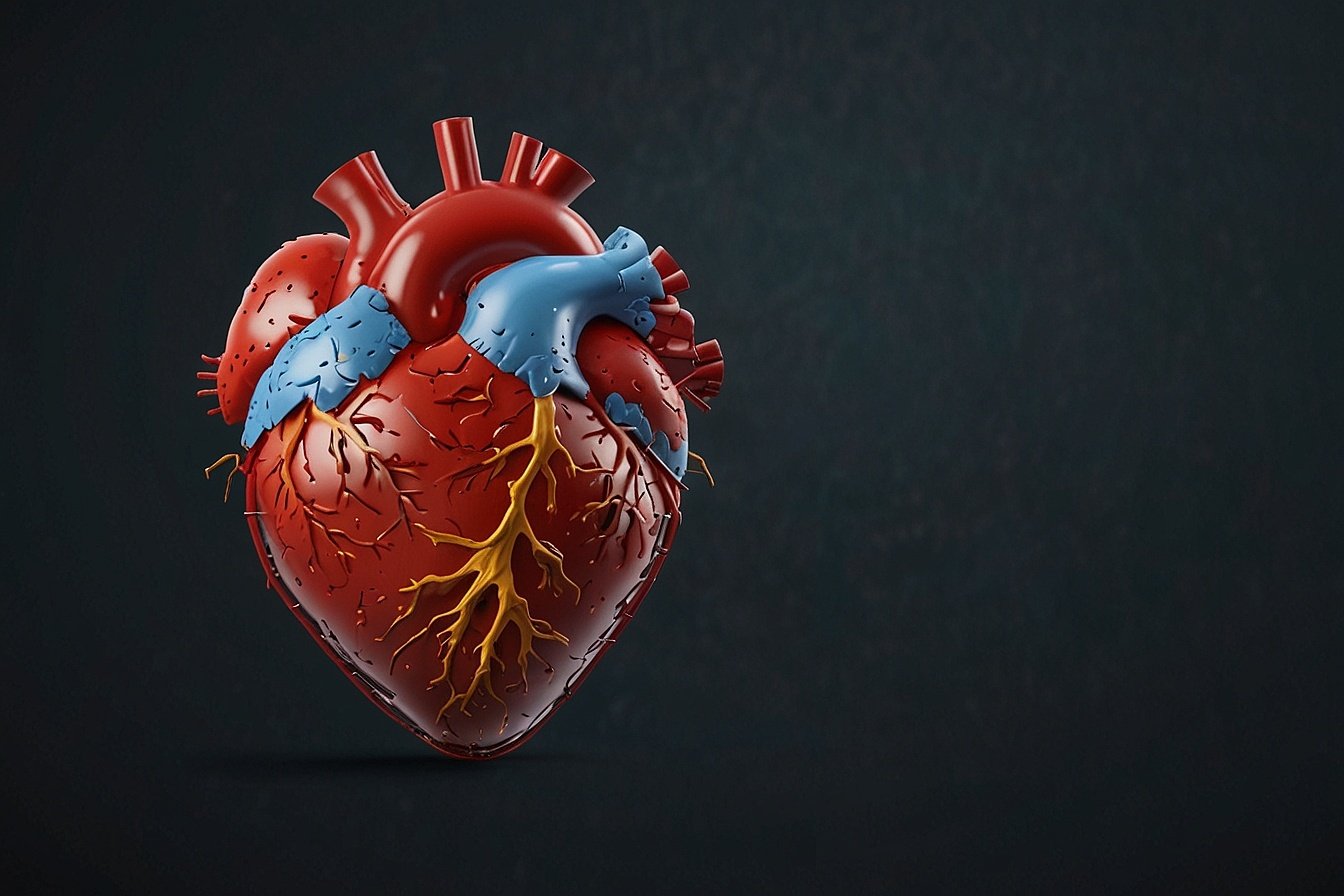The impact of COVID-19 goes beyond the lungs—it can also affect your heart. Research shows that the virus can cause heart problems like inflammation, irregular heartbeats, and blood clots, even in people with no history of heart disease. Understanding these risks and taking steps to protect your heart is important for your long-term health. Read more in this NY Times article.
How COVID-19 Affects the Heart
When someone gets COVID-19, the virus can cause stress on the cardiovascular system. This happens in several ways:
-
Inflammation (Myocarditis): The virus can cause swelling in the heart muscle, making it harder for the heart to pump blood.
-
Irregular Heartbeats (Arrhythmias): Some patients experience rapid or uneven heartbeats, which can be dangerous.
-
Blood Clots and Stroke Risk: COVID-19 can increase clotting in the blood, leading to strokes or heart attacks.
-
Heart Damage in Severe Cases: Some patients with severe COVID-19 have experienced long-term heart damage, even after recovering from the virus.
Who is Most at Risk?
While anyone can develop heart-related complications from COVID-19, certain groups are at higher risk, including:
-
People with existing heart disease
-
Those with high blood pressure
-
Individuals with diabetes
-
Older adults
Signs to Watch For
If you have had COVID-19, be aware of these possible heart-related symptoms:
-
Chest pain or pressure
-
Shortness of breath
-
Dizziness or fainting
-
Heart palpitations (rapid or fluttering heartbeat)
-
Swelling in the legs, which could signal heart failure
How to Protect Your Heart
Even if you have recovered from COVID-19, there are ways to protect your heart health:
✅ Stay Active – Regular exercise keeps your heart strong. Start with light activities if you're recovering from illness.
✅ Eat a Heart-Healthy Diet – Focus on fruits, vegetables, lean proteins, and whole grains.
✅ Monitor Your Blood Pressure & Cholesterol – Keeping these levels in check reduces your risk of heart disease.
✅ Manage Stress – Stress can raise blood pressure and affect heart health. Try deep breathing, meditation, or talking to a friend.
✅ Follow Up With Your Doctor – If you had COVID-19 and are experiencing any heart-related symptoms, schedule a check-up.
The Importance of Long-Term Care
Doctors and researchers are still studying the long-term effects of COVID-19 on the heart. If you had a serious case of COVID-19 or are experiencing ongoing symptoms, it is important to get regular heart check-ups.
At Cross County Cardiology, we are here to help. Our specialists offer expert care for those who have recovered from COVID-19 and want to monitor their heart health.
📅 Schedule an appointment today to make sure your heart stays healthy for years to come.
Final Thoughts
COVID-19 has changed the way we think about heart health. Whether you had a mild or severe case, taking care of your heart should be a priority. Stay informed, take preventive steps, and seek medical care if you notice any concerning symptoms.
🔎 For more heart health tips, follow Cross County Cardiology's Education Team.




